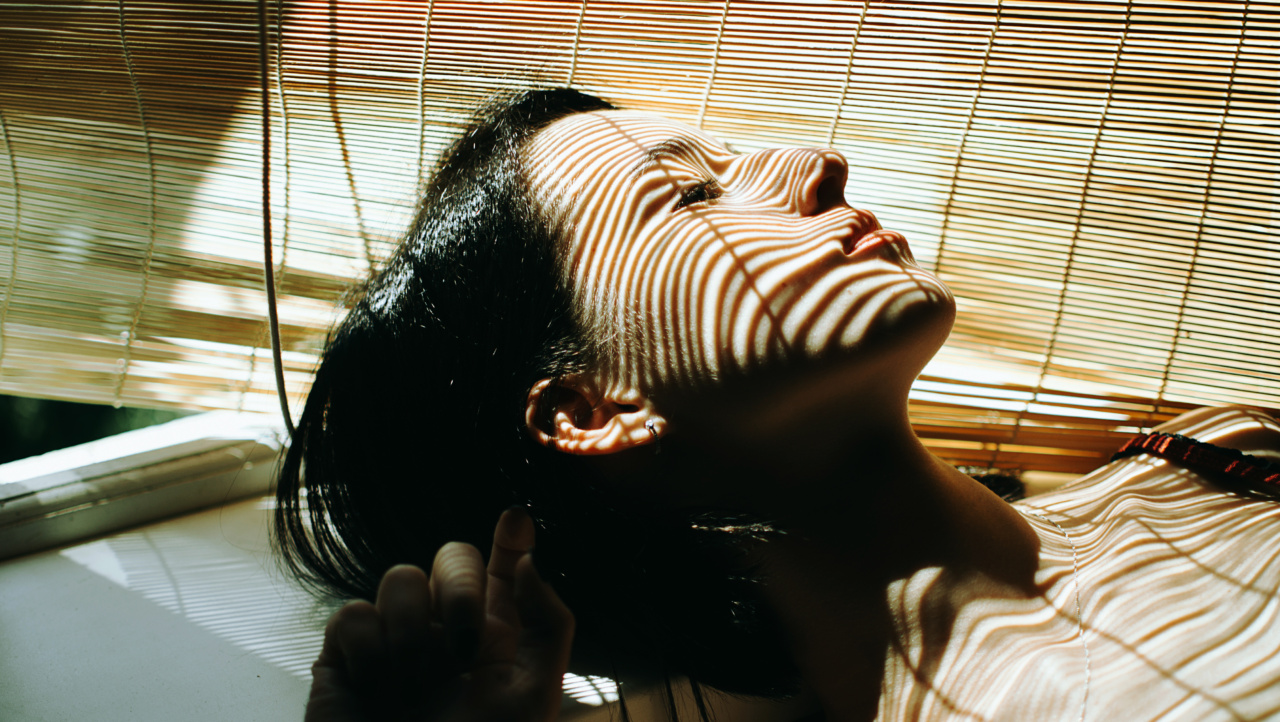We’ve all heard the phrase “beauty sleep”, but is there any truth to it? As it turns out, there is.
Deep, restful sleep is not only essential for our overall health and well-being but can also significantly impact the appearance of our skin. When we sleep, our bodies repair and regenerate, a process that includes our skin cells. In this article, we’ll explore the science behind beauty sleep and how it boosts your skin’s glow.
What Happens to Our Skin While We Sleep?
During sleep, our bodies go through several stages of restorative processes. One of these processes is increased blood flow to our skin, which delivers essential nutrients and oxygen to our skin cells.
As a result, our skin’s natural collagen production is boosted, which helps to reduce the appearance of wrinkles and fine lines. Adequate sleep also helps to lower our body’s stress hormone levels, which can lead to inflammation in the skin and exacerbate skin conditions such as acne, eczema, and psoriasis.
The Importance of Melatonin for Skin Health
Aside from the physical processes that occur during sleep, melatonin also plays a crucial role in promoting skin health. Melatonin is a hormone produced by the pineal gland in our brains, which regulates our body’s sleep-wake cycles.
However, melatonin also acts as a potent antioxidant, protecting our skin from damage caused by free radicals and UV radiation. Melatonin levels are highest during the night, and inadequate sleep can lead to a decrease in melatonin production and increased skin damage.
How Lack of Sleep Affects Our Skin
Now that we’ve established how beneficial sleep is for our skin, it’s important to understand how lack of sleep can negatively impact our skin.
The effects of sleep deprivation are apparent in our skin’s appearance, as lack of sleep can cause under-eye bags, dark circles, and a dull, lackluster complexion. Sleep deprivation also impairs our skin’s ability to repair itself, leading to dryness, redness, and increased sensitivity.
In the long term, chronic sleep deprivation can even accelerate the aging process, leading to an increase in wrinkles, fine lines, and uneven skin tone.
How to Maximize the Benefits of Beauty Sleep
Now that we know how crucial sleep is for our skin’s health and appearance, how can we maximize its benefits? Firstly, it’s essential to establish a regular sleep schedule, with at least 7-8 hours of sleep per night.
Avoiding caffeine and alcohol close to bedtime can also improve the quality of our sleep. Sleeping on your back can also prevent creases and wrinkles from forming on the face, and using a silk pillowcase can further reduce the risk of skin irritation and damage.
Skincare Products to Use Before Bedtime
In addition to establishing healthy sleep habits, using the right skincare products before bedtime can also improve our skin’s appearance.
Products containing retinoids or vitamin A derivatives can boost collagen production and reduce the appearance of fine lines and wrinkles. Hydrating serums containing hyaluronic acid or glycerin can also help to plump and moisturize the skin. Sleeping masks and overnight creams can provide an extra boost of hydration and nourishment while we sleep.
Conclusion
Getting enough sleep isn’t just crucial for our physical and mental health – it also plays a significant role in promoting our skin’s health and appearance.
By boosting collagen production, reducing inflammation, and protecting our skin from damage, sleep has a significant impact on our skin’s natural glow. By establishing healthy sleep habits and using the right skincare products, we can maximize the benefits of beauty sleep and wake up with healthy, radiant skin.































